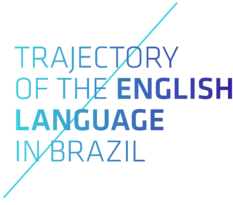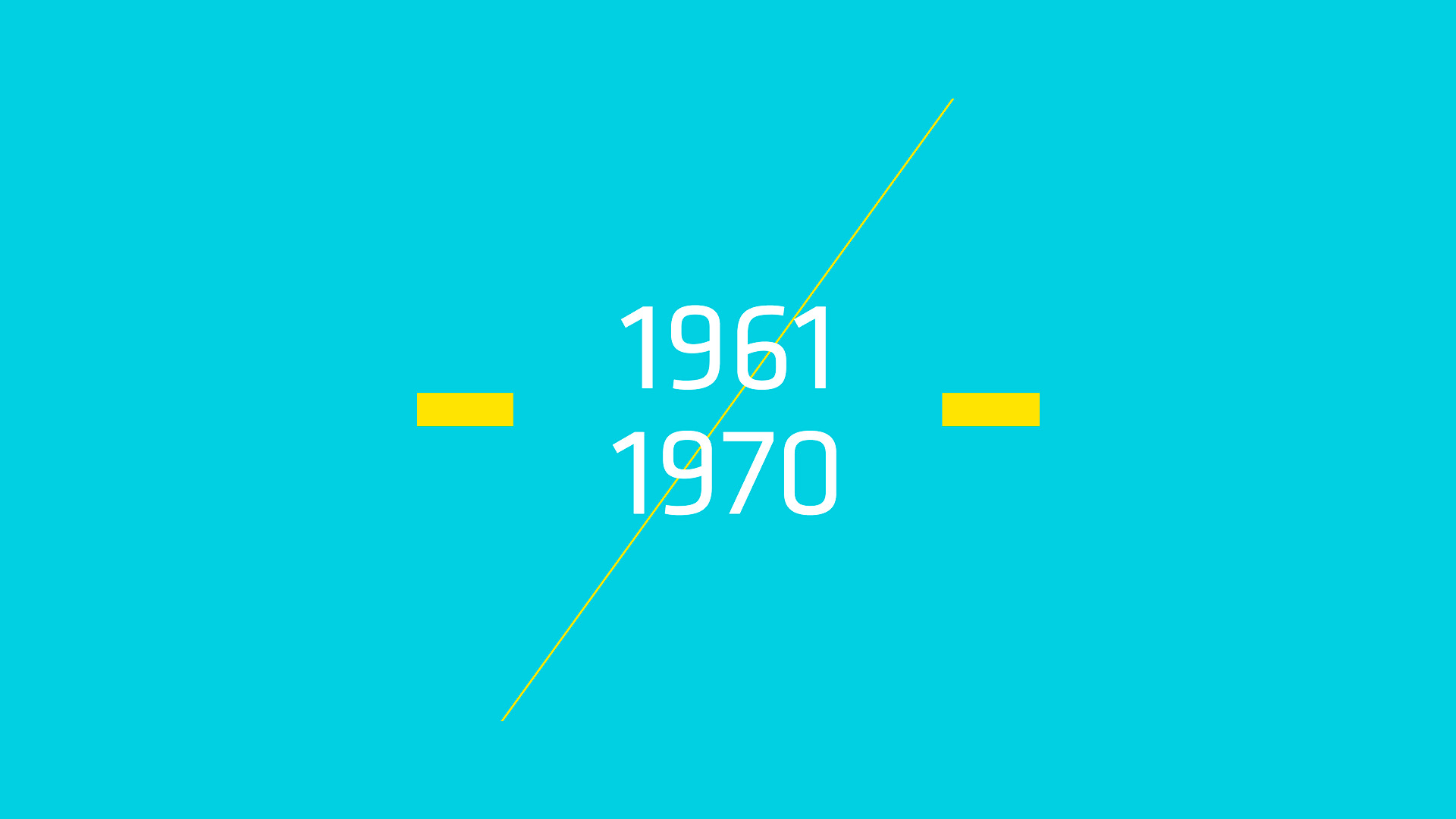1961
Law of Guidelines and Bases (LDB) exempts the teaching of foreign languages in schools
The 1961 Law of Guidelines and Bases (LDB) exempted the need for teaching of foreign languages in secondary education. In the last four grades of secondary education, the decision on whether or not to include languages moved to the state councils. This meant that students from some states could learn English, while those from others could not. In addition to regional inequality, there was also social inequality, where families who could afford it, enrolled their children in private language schools while people who could not afford it, did not have access.
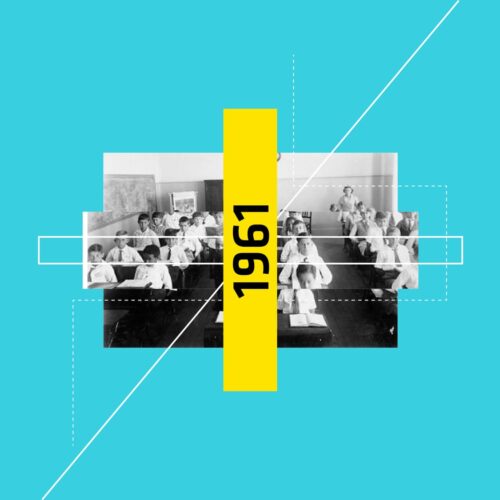
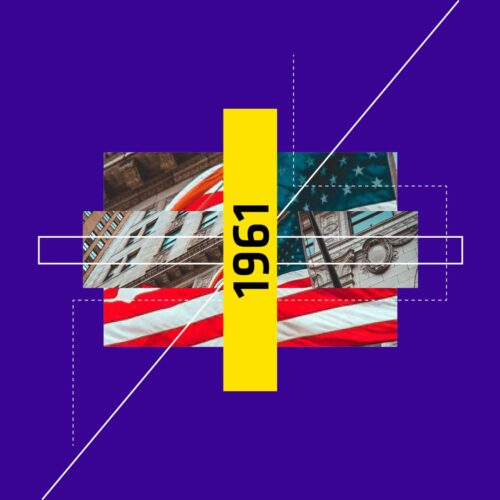
1961
Former Brazilian students of US universities found Associação Alumni
Former Brazilian students of American universities – the alumni – founded the Alumni Association: a Binational Brazil-United States Center, an institution officially recognised by the governments of Brazil and the United States. The group is dedicated to the education and citizenship of its members, in addition to teaching the English language itself. Today it is a reference in the training of translators and interpreters and in guidance for studies in the United States.
1961
Centre for Anglo-American Culture (CCAA) is founded in Rio de Janeiro
Waldyr Lima founded the Anglo-American Culture Centre, also known as CCAA, in north Rio de Janeiro. He developed an innovative audiovisual teaching method that boosted language teaching. Even before the advent of the internet, he was a pioneer in the use of computers and audiovisual technologies in the classroom. To manufacture materials for his courses, he founded his own publishing house, based in Rio de Janeiro


1962
Universities now offer diplomas with dual qualifications, in Portuguese and a foreign language
Resolution no. 283/62 of the Federal Council of Education (CFE) began to guarantee a double qualification in Portuguese and a foreign language. The resolution brought together classical, neo-Latin and Anglo-Germanic Letters in Letters courses in Brazil gaining something in common: Portuguese, literature, Latin and basic knowledge of linguistics. Later, in 2018, the National Common Curricular Base (BNCC) would be enacted, endorsing the concept of English as a lingua franca, in part a reflection of the change in the Law of Guidelines and Bases of Education (LDB) which made English mandatory in upper secondary education (2017).
1964
Collections of textbooks propose a focus on orality
Two of the best oral audio resources of the 1970s were the English 900 series, American edition, and the English 901, British edition, both by Collier-Macmillan. The courses consisted of six books and their workbooks, ten audiotapes per book, and the teacher’s manual. Each book had around 120 sentences, totaling nine hundred by the end of the series. One of the innovations was the use of graphic signs to mark the intonation of phrases.


1966
Francisco Gomes conducts an innovative survey on the teaching of English and other languages in South America
The teaching of foreign languages in Latin America by Francisco Gomes de Matos was an unprecedented survey on the teaching of English and other languages in South America. The book studies and discusses some of the main methods, approaches and teaching materials for the study of language. It also considers socioeconomic factors in language teaching, both in public and private schools. The work was of great importance for the time, as it was difficult to obtain teaching materials, in addition to the country having a limited number of teachers.
1967
Walter Toledo Silva creates advanced language laboratories in the country
Do you know what the acronym Cel.Lep means? It is an abbreviation for Language Teaching Centre at Liceu Eduardo Prado. The innovative design school had its beginnings in São Paulo. Its founder, Professor Walter Toledo Silva, travelled to Europe to research the most advanced teaching methods at the time and brought back the technology needed to set up the first language teaching laboratories in the country.

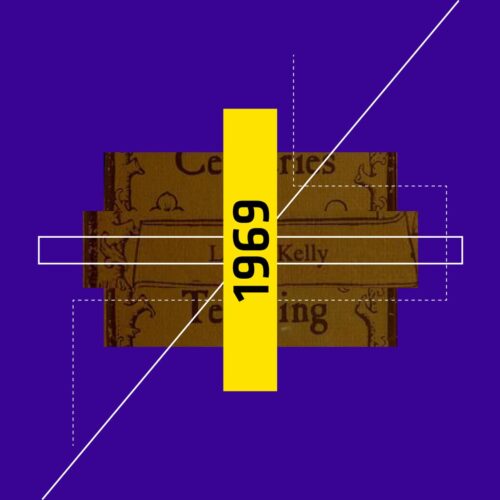
1969
Historic book on language teaching is published in the US
G. Kelly published the book 25 Centuries of Foreign Language Teaching. Recognised worldwide, the work discusses the origin and development of language teaching and learning. Among some of the issues dealt with are those such as methodology, linguistic formation of discourse, curriculum, articulation, instruction, psychology, linguistics and language teaching.
1969
English courses with experts
In order to promote the best practices for the professional teaching of the English language in Brazil, in June 1969, in partnership with the English Culture Society, the British Council created free workshops aimed at teachers in the area. To ensure the high quality of the workshops, the organisers invited some of the greatest references in language teaching, such as Mary Frazer and Geoffrey Broughton, the last editor of the Success with English course, by Penguin.


1970
Professors Found Abrapui (Brazilian Association of University Professors of English)
On January 15, 1970, university professors of English teaching founded Abrapui, an organisation that offers events and services for university professors in the area. Today, the organisation hosts important events such as the National Meeting of University Professors of the English Language (Enpuli), and the Seminar on English Language Literature (Senapulli). These events have contributed significantly to the maturation and development of English teaching in Brazil.
1970
Publication of national teaching materials grows considerably
The market for language courses boosted in the 60’s and resulted in the prosperity of publication production. The volume of didactic materials gained importance in the national publishing market and even created better conditions for the expansion of the didactic book. The market gained scale with the rise of more publishing national authors, as private courses demanded their own materials for franchisees.
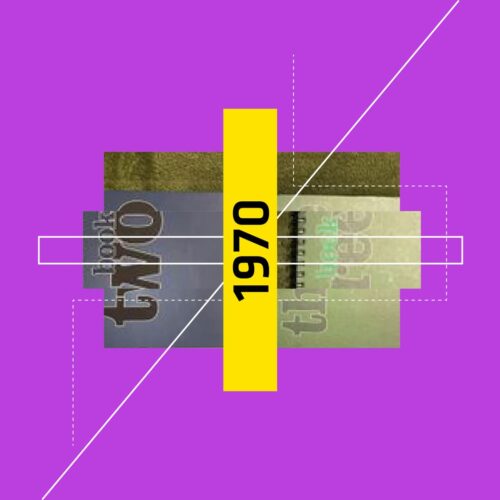

1970
Master’s Degree in Applied Linguistics
The Pontifical Catholic University of São Paulo (PUC-SP) created the first graduate programme in Applied Linguistics to Language Teaching in the country, an undeniable milestone for research and promotion of language teaching in Brazil! Among its creators were some of the most important professionals in the field of linguistics at the time, such as Professor Maria Antonieta Alba Celani.
